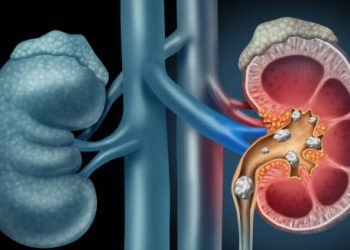Learning disabilities can manifest in many ways, depending on the specific learning challenge. What they all share is a constant struggle with certain school or thinking tasks, even when the person has average or high intelligence. Early spotting of symptoms of learning disabilities is key. It helps with timely help, better support, and long-term success.
One common sign is a clear gap between how well a child performs in school and what is expected from them. For example, a child may speak well and get along with others but still find reading or spelling very hard. Teachers might see that the child struggles to follow instructions, complete tasks, or remember what was taught. These signs often become clearer once formal schooling starts, but they can appear earlier during play or at home.
Children with dyslexia usually have trouble recognising letters, sounding out words, and understanding what they read. They might read slowly, skip words, say them wrong, or mix up letters like “b” and “d.” They may also struggle to rhyme, say the alphabet in order, or spell basic words. Even if they read aloud well, they may still not understand the meaning. Their minds work so hard sounding out the words that there’s little energy left for understanding.
Types of Symptoms of Learning Disabilities
For children with dyscalculia, the main problem lies with numbers. They may find it hard to recognise numbers, learn times tables, or understand how numbers relate to each other. Even simple steps in a math problem can confuse them. These issues may also show in telling time, guessing amounts, or handling money. Children often get upset during maths lessons when they can’t grasp what others seem to get easily.
Dysgraphia affects writing. It can cause messy handwriting, uneven spacing, bad spelling, or problems putting ideas on paper. These children may avoid writing altogether because it causes stress. People might mistake their actions as lazy, but the truth is they struggle with hand control, spelling memory, or sharing thoughts in writing.
Some children have trouble processing sound. They might mix up similar-sounding words or miss parts of what’s said. They often ask for things to be repeated. In noisy places like classrooms, they may seem distracted. This isn’t rudeness—it’s hard for them to pick the teacher’s voice from the noise. It affects both their schoolwork and their ability to socialise.
Memory, focus, and staying organised also affect many students with learning issues. They may forget what comes next in a list, miss steps in tasks, or lose their school supplies. Homework might vanish, and appointments get forgotten. These signs can also look like ADHD, which makes spotting the exact issue harder.
Emotional and Behavioural Symptoms of Learning Disabilities
Some children try to avoid learning tasks. They may suddenly dislike school, pretend to be sick, or panic before certain lessons. Others might act out, withdraw, or say they feel like a failure. Without the right support, this cycle can lower their self-worth and cause stress or sadness.
In younger kids, early signs include late speech, trouble learning new words, or problems with colours and shapes. They might also struggle with rhyming or handling crayons, puzzles, or scissors. These may point to motor skill delays linked to learning disabilities.
Teens and adults still face symptoms of learning disabilities, although they may change. Teenagers may find writing, reading, or remembering hard. They may also struggle to plan projects or manage their time. Adults who never got diagnosed might avoid certain jobs or rely on tricks to hide their learning issues.
It’s vital to know that these challenges don’t come from laziness, bad effort, or low smarts. Often hidden, they lead to frustration, confusion, and feeling misunderstood. Still, many people with symptoms of learning disabilities have great skills in areas like talking, creativity, or problem-solving. These strengths can hide their struggles and delay proper diagnosis.
Spotting these signs early and testing the child properly helps build the right learning and emotional support. Schools that use flexible teaching, give tailored help, and offer learning tools can help these students succeed.
In short, the symptoms of learning disabilities involve lasting trouble with reading, writing, maths, memory, focus, and processing sounds or visuals. These issues usually start early and continue if not treated. Seeing them for what they are—brain-based learning challenges—is the first step toward giving the right support so each person can grow and succeed.


